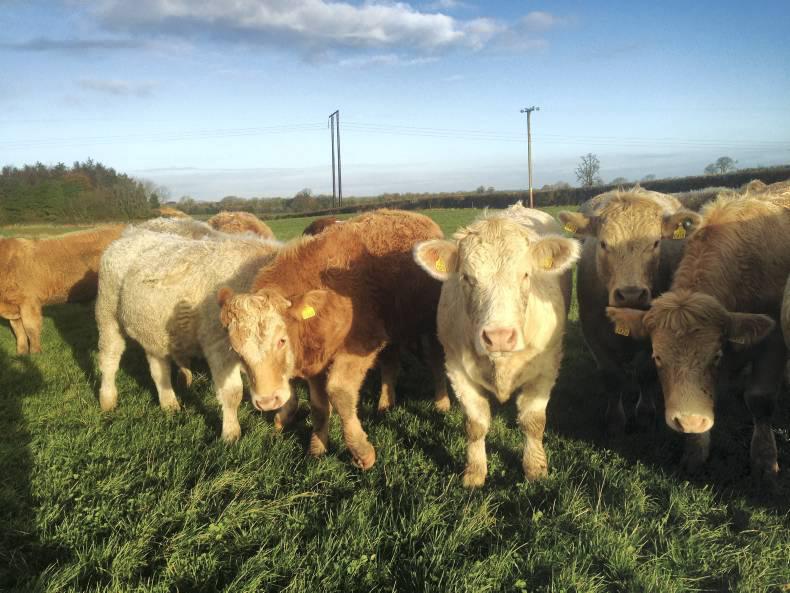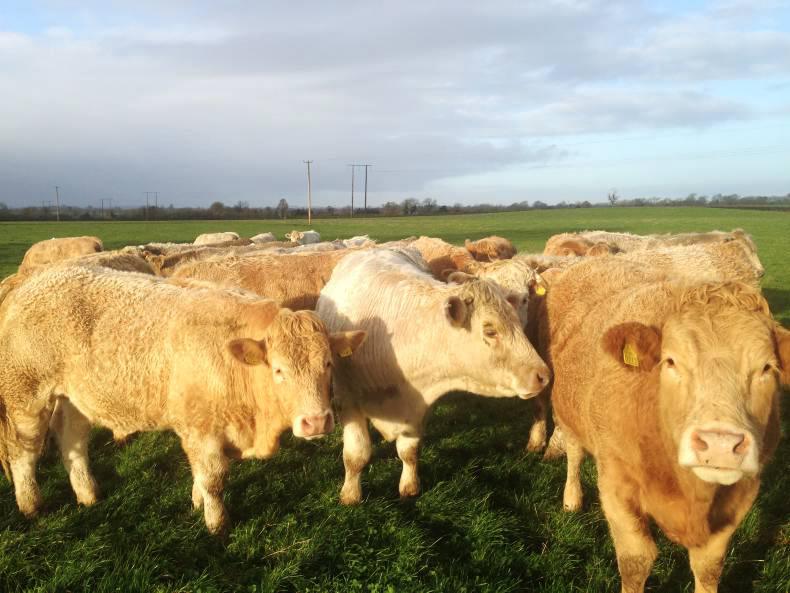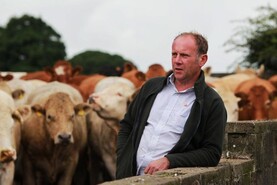I was having a mild argument with my son. I’d called him into my office to review the most recent farm accounts, which didn’t make for great reading. Now, in case you get the wrong impression, my office is not an ultra-modern glass and steel building in the financial quarter of downtown Kildalkey.
Far from it. It’s a rather dusty room at the end of our house, where a computer and printer are the only concessions to modern office equipment. The furniture is shabby antique and the walls are lined with pictures, files and my beloved books.
Anyhow, back to my son, who was taking a very philosophical and overly mature approach to the accounts – an approach which was away beyond his years. I had expected him to rubbish my farming performance with all the arrogance only enthusiastic young blood can generate.
But, no. Farming always had its bad years, he opined, and I was expecting far too much in the current agricultural climate. Besides, he went on, farming was never very profitable and since his coming of age, there had been only one really profitable year (2008).
“Never very profitable?” I echoed, becoming a bit excited. “I’ll show you what it used to be like.”
Dark ages
I began to flitter out bound copies of farm accounts going back to the dark ages of 1980 and, sure enough, most of these showed very decent profits, seldom seen in the last decade.
Furthermore, when my father was alive back in the 1980s, most people had a decidedly casual attitude to paying income tax. Cattle numbers, acres farmed and tonnes sold were guarded like the third secret of Fatima and remained complete mysteries to the Revenue.
Nowadays, that’s all changed and there are no secrets – the cattle movement management system and the Single Farm Payment (SFP) have seen to that.
With full disclosure and every cent accounted for in your tax return, it’s become almost impossible to have money.
Yes, farming as a limited company would help, but that’s provided you plough all the profits back into the wretched business. But if you’d like to splash out on a Caribbean cruise (or even educate the kids), you’re sunk with taxes. Likely as not, it’ll be a wet weekend in Belmullet instead.
But to return to the most recent set of disappointing farm accounts. I wouldn’t mind, but I’ve hardly bought so much as a wheelbarrow – our total of capital investment in machinery was a Patchwork GPS, a diesel pressure washer and a mower.
There’d be farmers on Dursey Island who spent more on machinery in the last year than me.
Neither is it all gone on lease payments, as I’ve not spent a lot on machinery in the last six years. Yet, because of escalating variable costs and falling commodity prices, our taxable net profits equate to us retaining just 40% of the SFP which we received. All the rest of the SFP has evaporated.
Twenty years ago, we got fewer subsidies and made more money – which had real spending power. However, it’s worth saying, without the SFP, we’d have lost money for seven out of the last 10 years.
It is disappointing when you consider the 2014 harvest was exceptional from a yield point of view. The bumper 2015 harvest will increase turnover, despite the prices, which is very welcome.
And finally, I should tell you there’s a picture on my office wall of a very youthful looking yours truly grinning from ear to ear in a field, surrounded by Hereford-cross bullocks. Little wonder I was grinning – I’d say my back pocket was stuffed with £100 notes.






 This is a subscriber-only article
This is a subscriber-only article











SHARING OPTIONS: